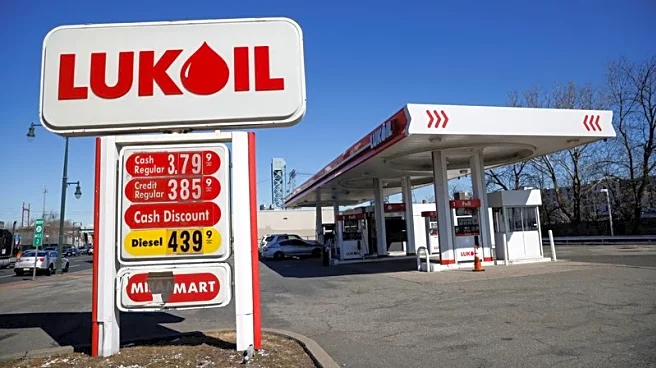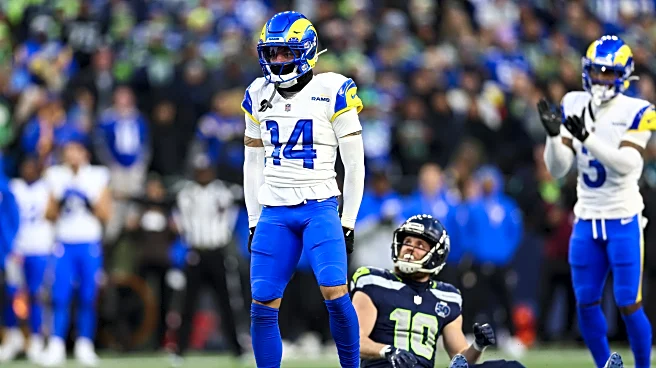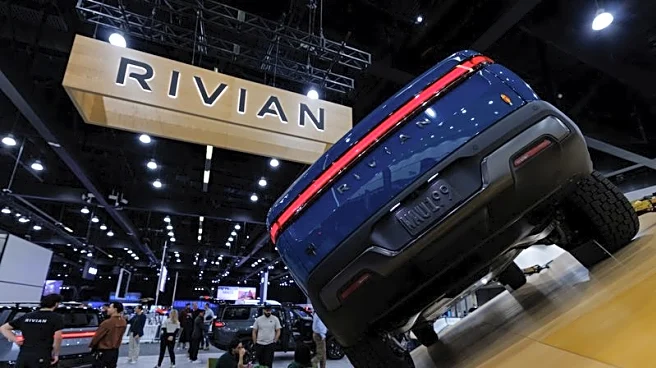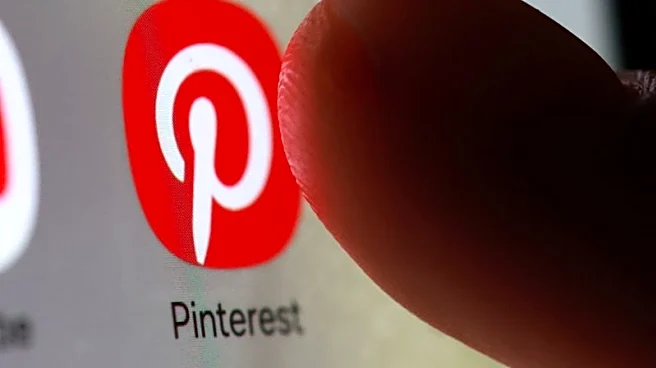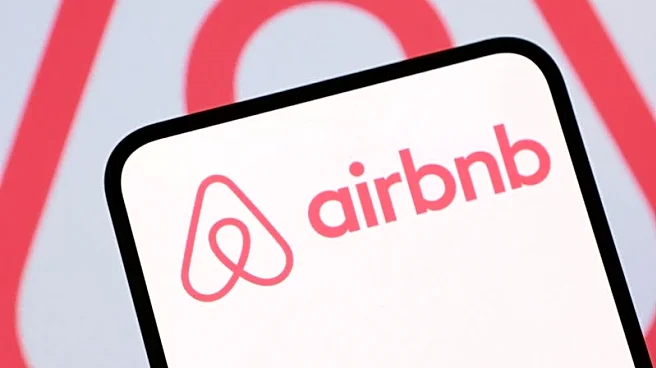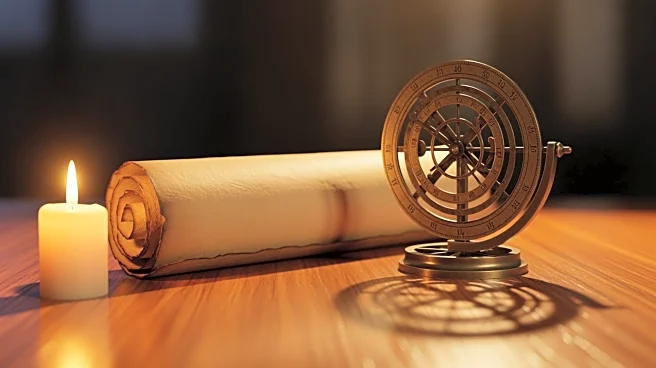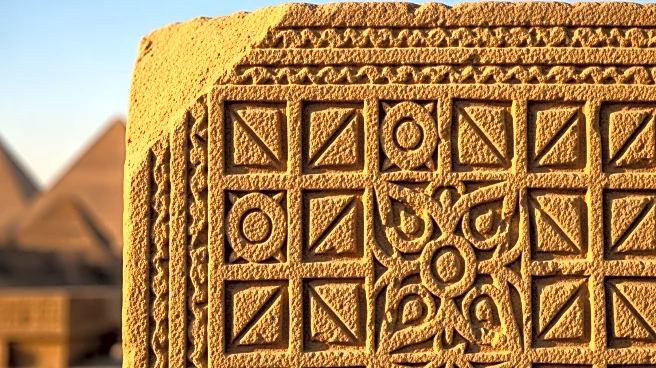(Corrects dollar amount in paragraph 1 and headline, and components of verdict in paragraph 2)
By Jonathan Stempel and Abhirup Roy
(Reuters) -A Florida jury on Friday found Tesla liable in the 2019 fatal
crash of an Autopilot-equipped Model S and ordered Elon Musk's automaker to pay $243 million to the family of a deceased woman and an injured survivor.
Jurors in Miami federal court awarded the estate of Naibel Benavides Leon and her former boyfriend Dillon Angulo $129 million in compensatory damages, of which Tesla is responsible for 33%, plus $200 million in punitive damages, according to a verdict sheet.
Lawyers for the plaintiffs said the trial was the first involving the wrongful death of a third party resulting from Autopilot. The plaintiffs had sought $345 million.
Tesla has faced many similar lawsuits over its vehicles' self-driving capabilities, but they have been resolved or dismissed without getting to trial. A judge rejected Tesla's efforts to dismiss the case earlier in the summer, and experts said this may encourage other litigants against the EV maker.
“I think it's a big deal," said Alex Lemann, a professor at Marquette University Law School, who said this may make future settlements more expensive for Tesla. "This is the first time that Tesla has been hit with a judgment in one of the many, many fatalities that have happened as a result of its auto-pilot technology."
Friday's verdict could impede efforts by Musk, the world's richest person, to convince investors that Tesla can become a leader in so-called autonomous driving for private vehicles as well as robotaxis it plans to start producing next year. Shares fell 1.8% on Friday.
Tesla plans to appeal, according to published reports. The Austin, Texas-based company and its lawyers did not immediately respond to several requests for comment.
The trial concerned an April 25, 2019 incident where George McGee drove his 2019 Model S at about 62 mph (100 kph) through an intersection into the victims' parked Chevrolet Tahoe as they were standing beside it on a shoulder.
McGee had reached down to pick up a cellphone he dropped on his car's floorboard and allegedly received no alerts as he ran a stop sign and stop light before hitting the victims' SUV.
"We have a driver who was acting less than perfectly, and yet the jury still found Tesla contributed to the crash," said Philip Koopman, a Carnegie Mellon University engineering professor and expert in autonomous technology. "The only way the jury could have possibly ruled against Tesla was by finding a defect with the Autopilot software. That's a big deal."
Benavides Leon was allegedly thrown 75 feet to her death, while Angulo suffered serious injuries.
"Tesla designed Autopilot only for controlled-access highways yet deliberately chose not to restrict drivers from using it elsewhere, alongside Elon Musk telling the world Autopilot drove better than humans," Brett Schreiber, a lawyer for the plaintiffs, said in a statement.
"Today's verdict represents justice for Naibel's tragic death and Dillon's lifelong injuries," he added.
Last month, Tesla posted its biggest quarterly sales decline in more than a decade, and profit fell short of Wall Street forecasts.
(Reporting by Jonathan Stempel and Abhirup Roy; Additional reporting by Tom Hals; Editing by David Gaffen)


